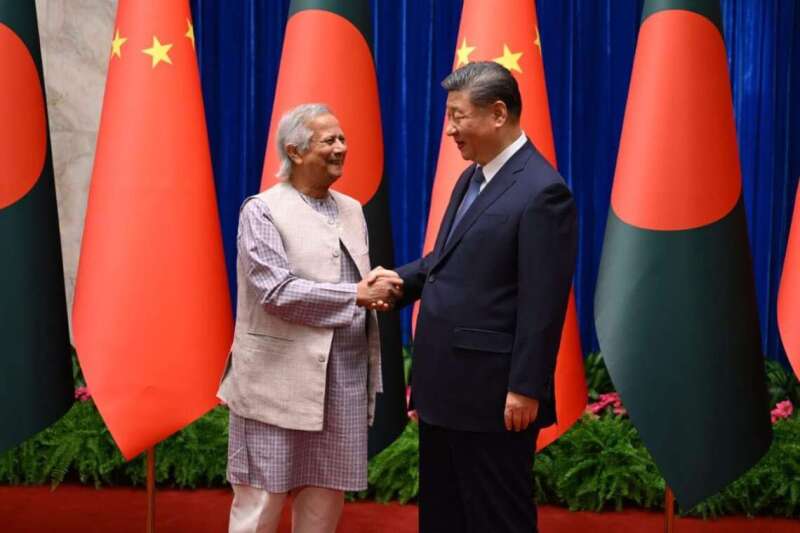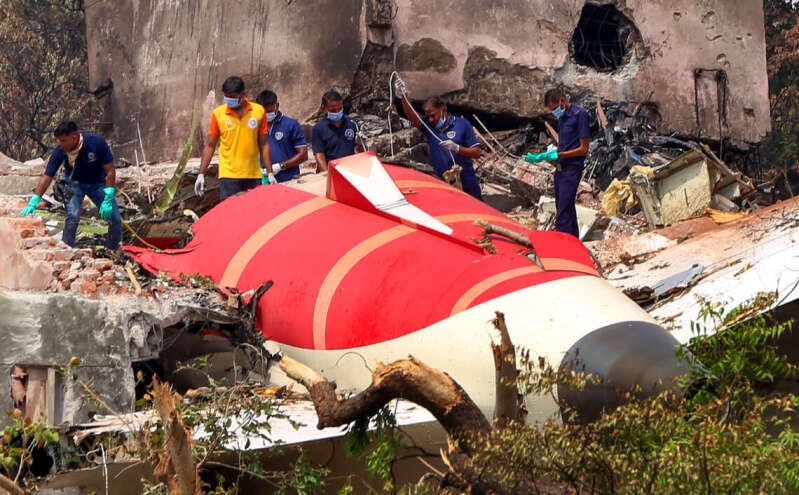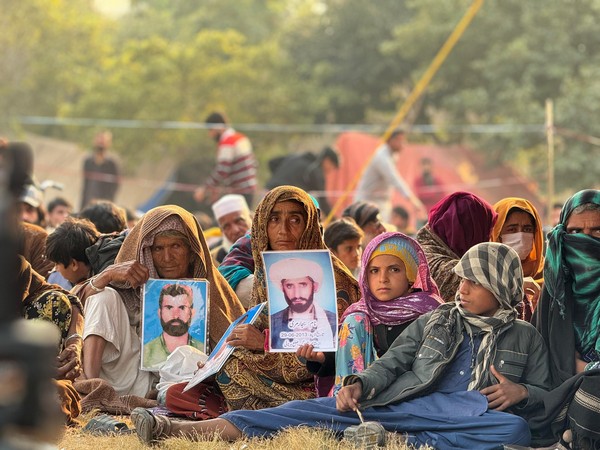The UK Health Security Agency (UKHSA) Urges those Celebrating Diwali to get vaccinated against flu and COVID-19…reports Asian Lite News
The UK Health Security Agency (UKHSA) is calling on those celebrating Diwali to come forward for their flu and COVID-19 vaccinations if they are eligible so they can get ‘winter strong’ and have a safe and healthy celebration. As the vaccines take up to two weeks to provide maximum protection, getting vaccinated soon will help reduce the risk of severe disease in time for Diwali.
Flu and COVID-19 spread more when we spend more time indoors. If you are in one of the groups who is eligible for vaccination against flu and COVID-19, ensure you get your vaccines. This will help your Diwali celebrations stay on plan, whether that’s sharing delicious meals, lighting lamps or exchanging gifts with friends and family. Taking up the vaccines means you have taken steps to minimise the chances of spreading these infections or even experiencing serious complications from them.
Everyone aged 65 and over, pregnant women, and individuals with certain long-term health conditions like diabetes or cardiovascular disease, are eligible for free flu and COVID-19 vaccines. These vaccines offer the best defence against becoming severely unwell, hospitalisation and death from COVID-19 and flu.
Children are also eligible for a free flu vaccine and are advised to take up the vaccine ahead of the festivities if receiving the vaccine from their GP. Each winter, thousands of children need to go to hospital for treatment (10,000 children were hospitalised with flu last season), including intensive care, with children under the age of 5 years having one of the highest rates of hospital admissions due to flu compared to other age groups. By getting vaccinated, your child not only protects themselves, but also those around them, including babies, grandparents, and people with weak immune systems.
Parents are urged to ensure their children’s school vaccination consent forms are completed, and that eligible pre-schoolers are booked for appointments at the GP practice to help reduce the spread of flu this autumn and winter. Children in Reception to Year 11 will be offered the free nasal spray flu vaccine, delivered in schools by immunisation teams up and down the country. Children aged 2 and 3 (on or before 31 August) are eligible for the free nasal spray via their GP practice. And any child aged 6 months or over who has a health condition that puts them at increased risk from flu should have a vaccine every year. Children who can’t have the nasal spray for medical or faith reasons should request an injected flu vaccine instead.
To book Covid and flu vaccines, you can either download the NHS App, visit www.nhs.uk/book-covid or call 119 for free if you can’t get online.
Dr Anjali Pai, Consultant in Health Protection at UKHSA, said, “The Diwali season is a cherished time when families and friends come together to celebrate and exchange greetings. However, it also coincides with when flu and COVID-19 cases typically rise. We strongly encourage members of the Hindu, Jains and Sikhs communities to prioritise their health by getting vaccinated, helping them to stay winter strong.
“Aside from protecting yourself, ensure your children are vaccinated too against flu. Each winter thousands of children require treatment in hospital for flu or its complications. Many of these episodes can be prevented by a simple vaccine. On top of helping to keep your child healthy, the flu vaccine also helps stop the spread of flu in the family and wider community – helping to protect those who are more vulnerable and the elderly such as grandparents.”
In accordance with guidance from the Joint Committee on Vaccination and Immunisation (JCVI), this year’s eligible recipients for the flu vaccine encompass a diverse range of individuals, including those aged 65 and above, individuals aged 6 months to under 65 who fall under clinical risk categories as specified in the Green Book, chapter 19 (Influenza), expectant mothers, all 2 to 3-year-old children as of August 31, 2023, school-aged children from Reception to Year 11, residents of long-stay residential care homes, caregivers receiving carer’s allowance or serving as the primary caregivers for elderly or disabled individuals, close contacts of immunocompromised individuals, and frontline workers in social care settings without access to an employer-led occupational health scheme. This notably encompasses professionals in registered residential care or nursing homes, domiciliary care providers, hospice volunteers, and those employed by individuals receiving direct payments or personal health budgets, such as Personal Assistants.
Conversely, the autumn COVID vaccine is recommended for residents in care homes for older adults, all adults aged 65 and over, individuals aged 6 months to 64 years belonging to clinical risk groups as outlined in the Immunisation Green Book’s COVID-19 chapter, frontline health and social care workers, persons aged 12 to 64 years who are household contacts of individuals with immunosuppression, and individuals aged 16 to 64 years who are considered carers and staff members working in care homes for older adults, as defined in the Green Book. These guidelines aim to ensure the well-being of various vulnerable groups and frontline workers in the face of both influenza and COVID-19.
ALSO READ-Scottish ministers to release 14,000 Covid WhatsApp messages









